White Vinegar vs Keurig Descaling Solution
If you have a Keurig coffee maker you've probably seen the descale alert displayed at one time or another.
Regular
*This post may contain affiliate links and I'll earn a commission if you shop through them. You can read my full disclosure here.
Descaling offers a deeper

Keurig Descaling Solution vs the use of Vinegar: Which Is More Effective?
The most important factor to consider when choosing a descaling solution for your coffee machine is effectiveness.
Commercial descaling solutions are specifically designed to remove mineral deposits, and they're very good at it.

Vinegar, on the other hand, is an acetic acid that can break down mineral deposits but is not as effective as a commercial solution, and it can also affect the taste of your coffee resulting in a sour or bitter result.
Another factor to consider is ease of use. Both vinegar and commercial solutions require you to run them through your coffee maker brew cycle several times before they're fully effective.
However, vinegar can be tough on your coffee maker if used too often.. Commercial solutions are much gentler on your machine and won't cause any damage if used as directed.
Finally, cost is always a consideration. You can usually find commercial solutions at grocery stores or online. Vinegar, on the other hand, is very inexpensive, easy to find, and is part of a great homemade descaling solution. So if cost is a major concern for you, then vinegar might be the way to go
Cleaning with Vinegar - How to Descale Keurig with Vinegar
- The process for this is very simple. Turn off your Keurig. If there is not the option to turn it off, unplug the unit.
- Empty any water from the water reservoir.
- Fill the water tank with half white vinegar and half water; this is your DIY descaling solution. The strong smell of the vinegar can be a bit off putting so be prepared.
- Turn your machine back on, place a mug or cup in place, and run the unit a complete brewing cycle to dispense water only (no coffee pods or K-cup in place).
- Empty water from the cup after each cycle.
- Continue the above process until you are prompted to add more water.
- At this point, empty the water chamber, rinse thoroughly, and fill with clean water only.
- Run through 12 cycles of the brewing process emptying the cup after each cycle.
- Refill with water as necessary.
- Your unit is now ready to make coffee as usual.
Another Descale Solution Alternative
Citric Acid is another good choice for descaling your Keurig or other coffee maker. It's inexpensive and readily available. It's made from citrus fruit which makes it a natural alternative, and it doesn't have the off-putting aroma that vinegar does, and it's just as effective as vinegar.
The recommended citric acid solution for descaling is a citric acid-to-water ratio of 1 tablespoon to 1 gallon of water.
Cleaning with a Descaling Product

The process for this will vary depending on the specific Keurig (refer to the user manual if unsure of specifics) but note that directions are on the label. For my full-sized Keurig 2.0 I use the entire bottle of Keurig Descaling Solution along with a bottle of water for the first cycle.
I then rinsed out the reservoir, refilled with fresh water and ran the cycle 12 times before once again rinsing the reservoir and adding fresh water.
*It's extremely important to run one complete cycle of water through your Keurig whether you use the Vinegar or Descaling Solution method to be sure that all remnants of either are completely gone from your unit. This will ensure the best taste possible.
Whether using coffee maker cleaners or vinegar I recommend a thorough
*Of note, one of the germiest places on any automatic coffee maker is the handle of the coffee carafe. If you model has a carafe a daily
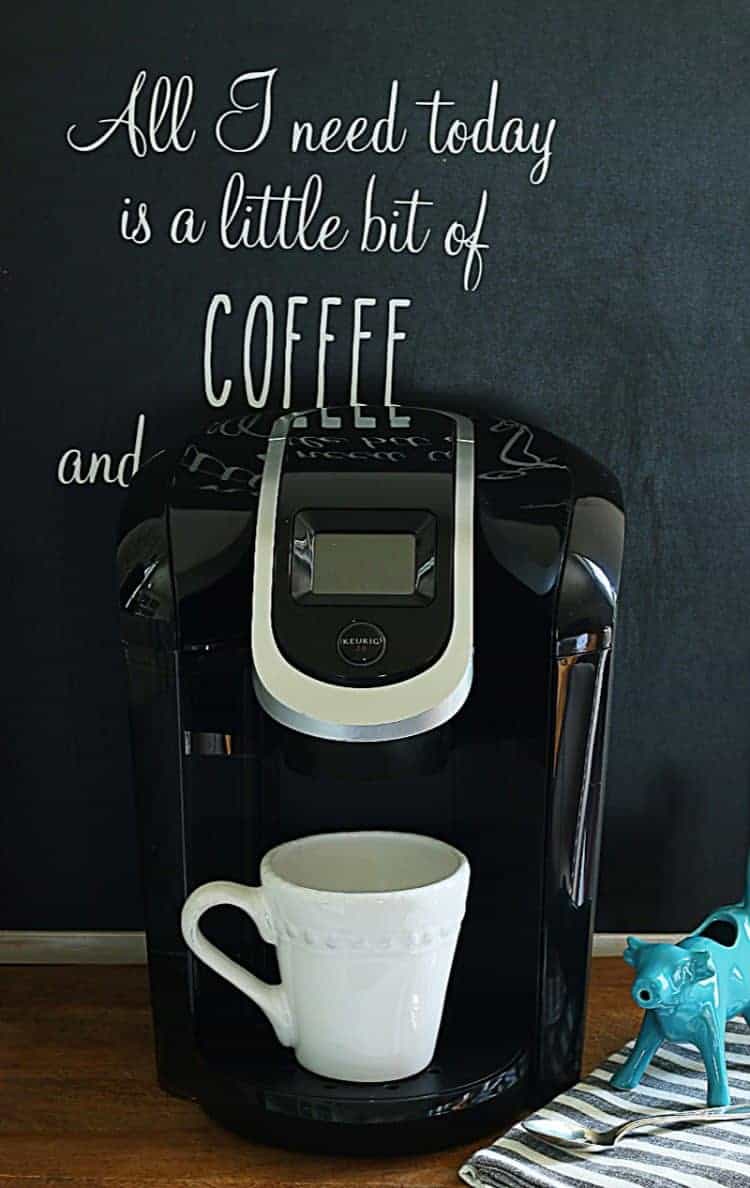
After using the white vinegar method for several years I can honestly say that I get the best results using the Keurig Descaling product. The difference is so noticeable that my husband had the first cup of coffee after I was done descaling and he said the taste was amazing. I had a cup, too, and couldn't agree more.
There was definitely a difference and a good cup of coffee is worth the cost in my opinion.

There are pros and cons to both vinegar and commercial descaling solutions. However, if effectiveness is your top priority, then a commercial solution is the way to go. They're specifically designed to remove mineral deposits, and they're much gentler on your coffee maker than vinegar. They might cost a bit more upfront, but they'll save you money in the long run by extending the life of your machine.
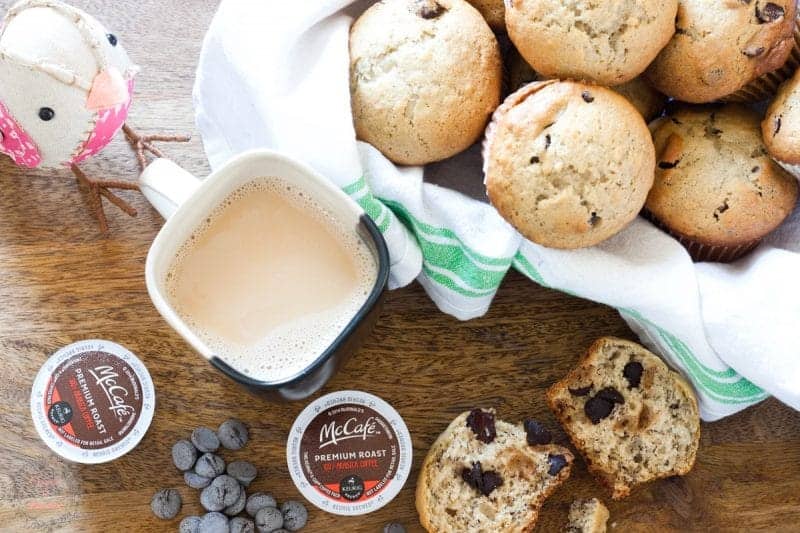
Do you have any tips for

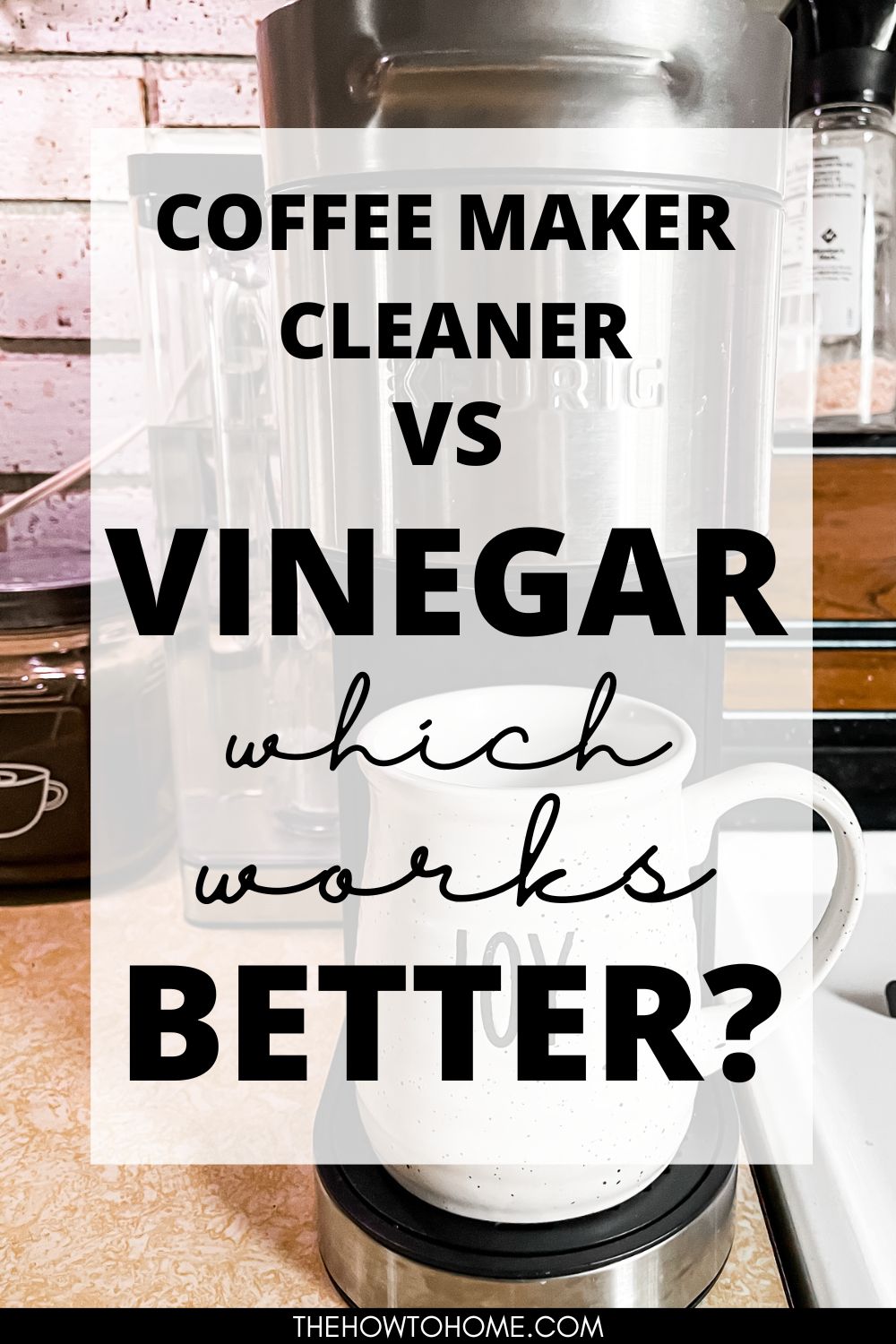

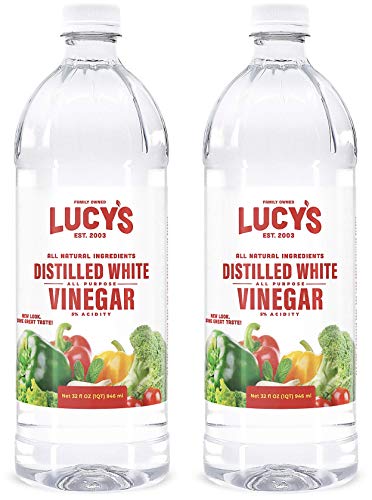
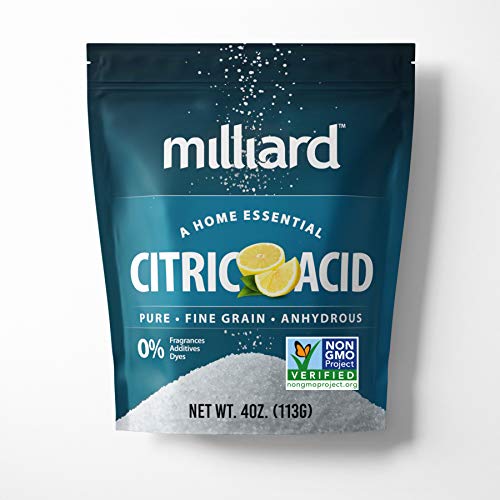








Love your "product seal of approval," Mary Beth! I don't have a Keurig (I use a French press), but my other good friend named Mary Beth does and I'll share this with her. Coffee is so bitter, anything to keep it tasting good is important!
Thanks so much, Diane! I have a French press also but rarely use it. It was a phase I went through but I may have to pull it out again or I should say find it in the midst of my kitchen makeover mess!
5
I have hard water as well. I distill my own water which removes all the nasties and never have to use a filter or clean Keurig. Coffee always Yummm Your info helpful as not everyone can or would do this. Vinegar is what is used to clean the distiller!
Oh my goodness! I've never heard of distilling your own water, Michelle, but that's so smart. Is it a hard process?